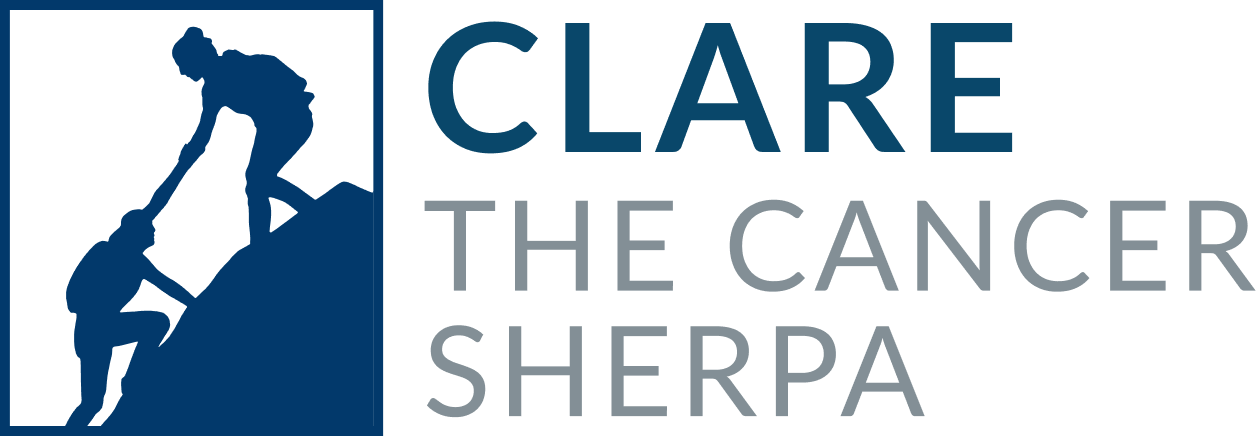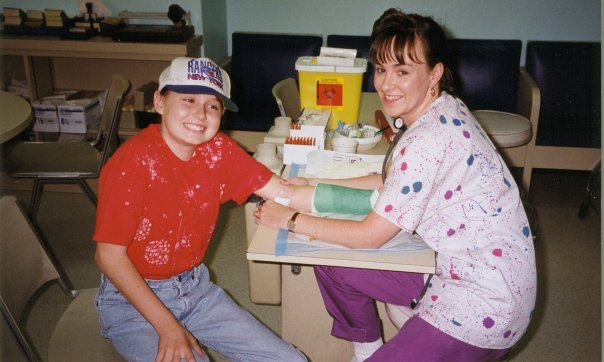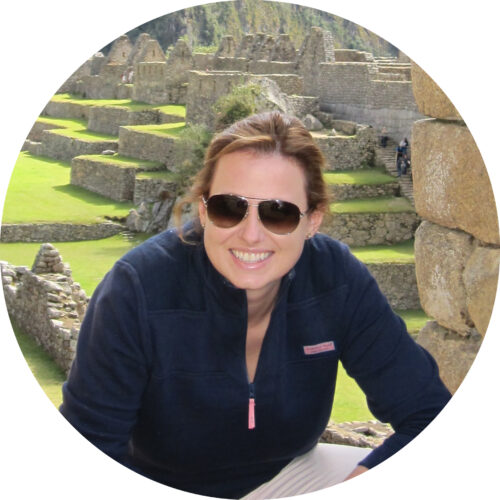A skill, and it is a skill that does not come naturally to most of us in our day-to-day lives, is asking for help. It requires not only a willingness to be vulnerable but a level of self-reflection and initiative that we often lose when we are struggling with something. The inner turmoil of asking for help can be exponentially difficult for cancer patients, at least it was for me.
The day I was told I had cancer as a teenager, one of my very first instincts was to tell no one. I begged my parents and oncologists not to tell anyone, as I was terrified of being rejected by my peers, scarring my younger brothers, burdening my family and friends with having to care for a teenage girl who had, up to that point, been fiercely independent, and this list, like my fears kept growing. However, after speaking with my oncologist, Dr. G, who spent that entire first night in the hospital answering every question I had, he explained that the weight of keeping this big a secret from my family, friends, teachers, coaches, and greater community was not only near impossible and detrimental to my remission, but I would lose the love and support that others wanted to give.
It is completely normal for any cancer patient to immediately experience feelings of panic, loss, and otherness upon diagnosis and long after. However, what we must also recognize is that most of the people who comprise our immediate and extended communities want to help in our time of need, and that asking for that help is a strength, not a weakness. Solid, medical research consistently shows that strong social support networks—whether family, peer groups, structured community programs, or therapy—yield measurable benefits in terms of survival rates, recurrence prevention, mental health, and treatment adherence for cancer patients.
Okay, okay, you get it – you need to ask for help, but it’s easier said than done, right? No, because as I mentioned above, asking for help is a skill; the more you practice, the better you become at it. Below, I have provided a simple guide to not only get you started but also assist you in getting the specific kinds of help you need.
A Cancer Patient’s Guide on How to Ask for Help
1. Remind Yourself: It Is Okay to Ask
- You do not have to do this alone
- Asking for help does not make you weak or incompetent; it is a form of strength and trust
- Most people genuinely want to help, but they often just do not know how
2. Be Specific About What You Need Help With
- Emotional support:
-
-
- “I am having a tough day today. Do you have time to talk on the phone after work?”
- “I get sick and sad the day after a big chemo infusion. Could you come over and sit with me?”
-
- Logistical support:
-
-
- “Are you available to drive me to the infusion center on Thursday morning?”
- “Could you please pick up some groceries for the next couple of days, as I will not be very mobile?”
-
- Ongoing support:
-
- “Would you mind coordinating help through a site like CaringBridge or LotsHelpingHands?”
- “Could you please help me pick a meal service subscription I can use for the next few months?”
3. Be Clear and Honest When You Ask
- “I’ve been trying to do this on my own, but I really need help right now.”
- “This is hard for me to ask, but I trust you.”
4. Ask in a Way That Is Comfortable for You
- You can ask:
- In-person
- Over the phone
- By text or email
- Through a friend, family member, or cancer patient advocate
- If you are overwhelmed or struggling to manage the support offered to you, use:
- Cancer Sherpa (yours truly)
- CaringBridge
- Meal Train (also see our 7 Tips for Creating a Meal Train for Someone with Cancer post)
- GoFundMe (for treatment or trial financial assistance)
5. Accept Help Graciously
- “Thank you so much, just sitting with me makes all the difference.”
- “I appreciate you for showing up for me.”
There is no one right way to ask for help; it is simply important that you ask for what you need. I am constantly asked by caretakers and loved ones of cancer patients, “How can I help?” I will tell you exactly what I tell them, “No one knows what to say, so just start talking.” Cancer Sherpa and I, along with everyone in your life, are here to help. I hope this helps you build your skills for asking for what you need.
We’ve got this,
Clare


